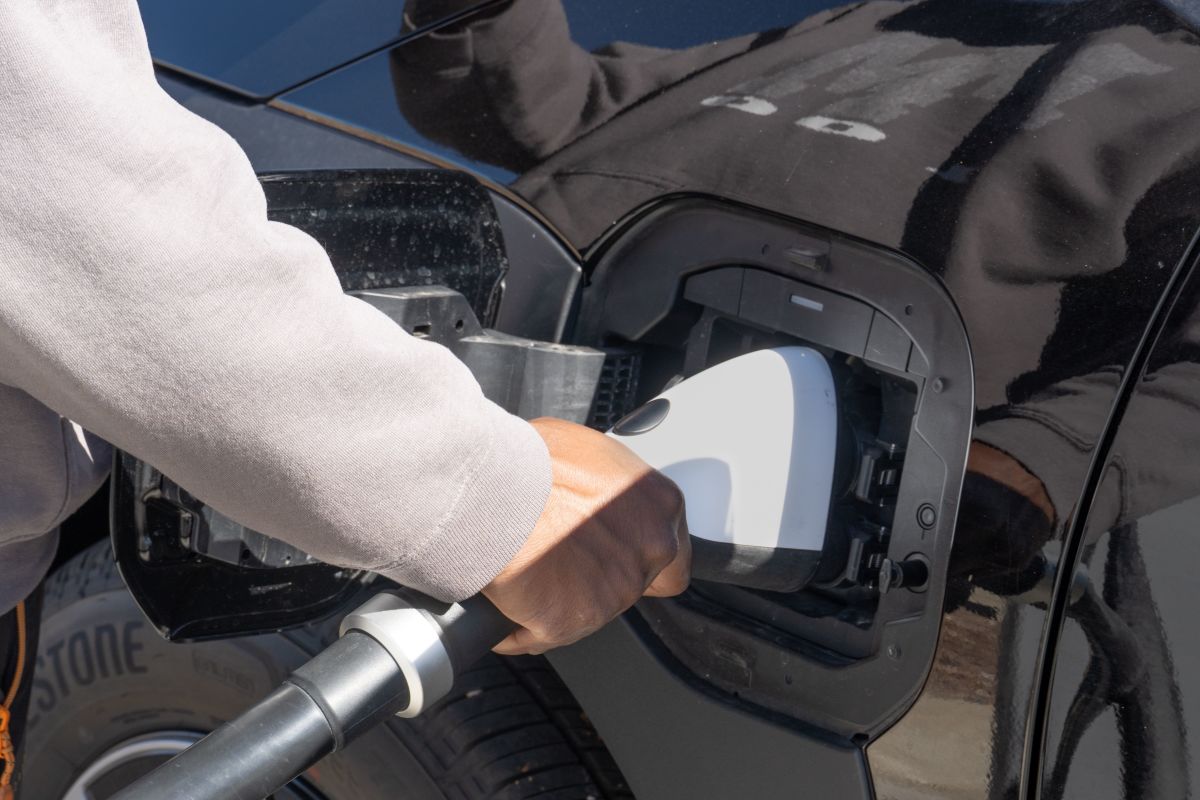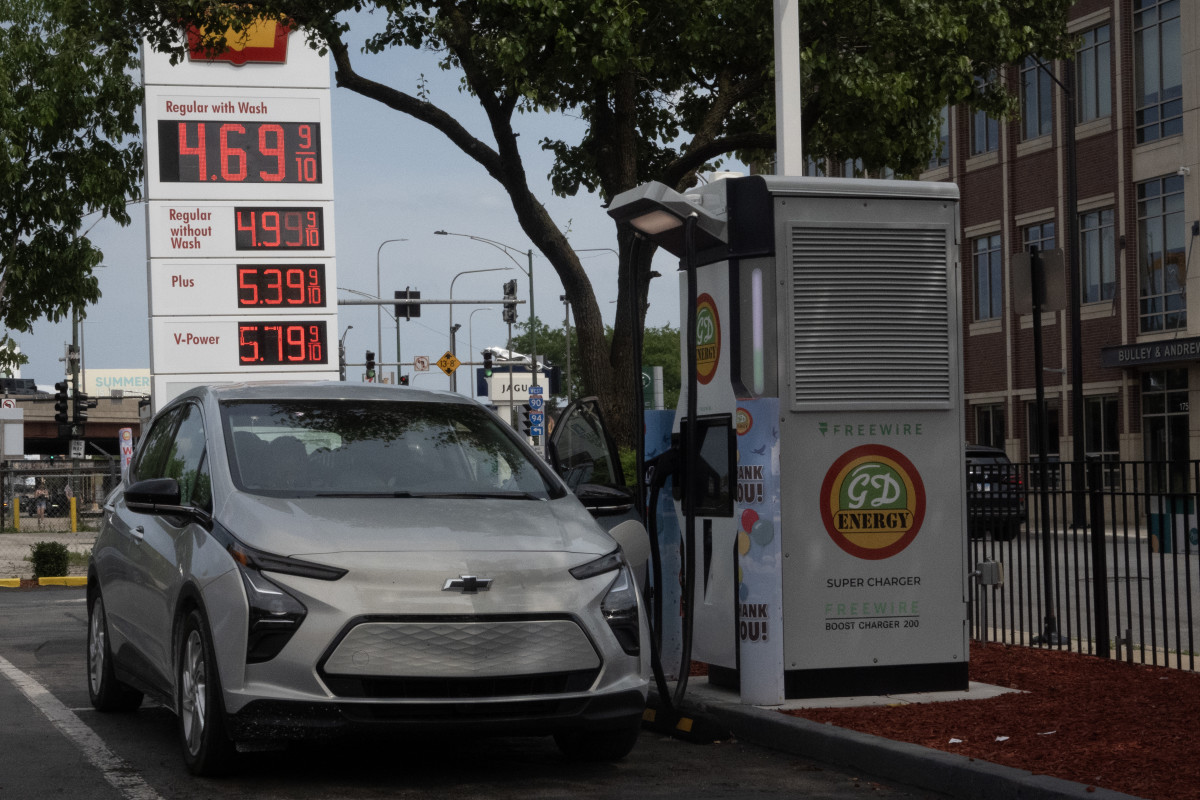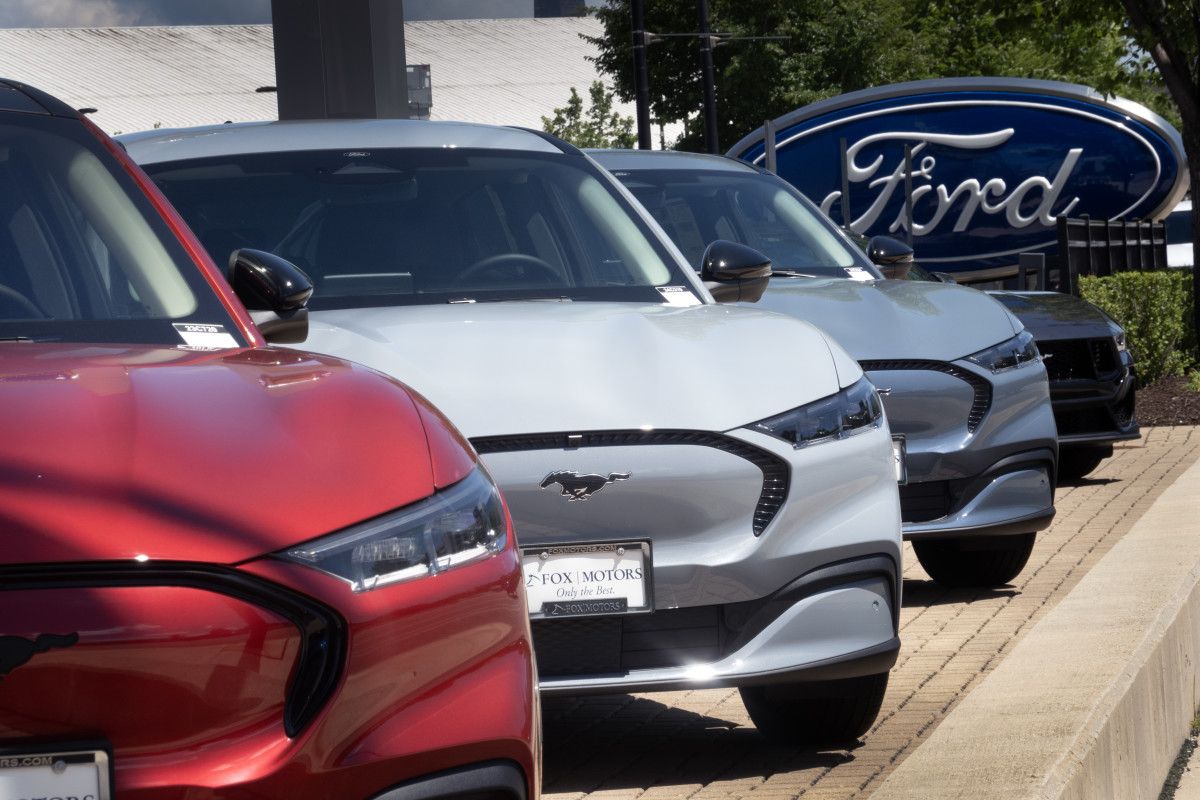
If you are a U.S. taxpayer, you have probably helped someone else in the United States buy a new or used electric vehicle or plug-in hybrid.
You have helped many of them and paid a lot for them.
Hordes of buyers flocking to dealerships to take advantage of the Internal Revenue Service's (IRS) updated rules have run up a hefty tab using their tax credits on shiny new EVs and plug-in hybrids, leaving American taxpayers on the hook for an earth-shattering amount of money.
Related: Elon Musk sued over SpaceX's 'hostile and abusive' workplace
The number mentioned below is not a typo

According to a statement released by the U.S. Department of the Treasury and the IRS, more than one billion dollars in tax credits have been given to buyers of qualifying EVs and plug-in vehicles since the new rules took effect this year.
On January 1st, the IRS' updated its Code Section 30D to further incentivize the sale of EVs and plug-in hybrids. Under the new rules, qualifying buyers under certain income thresholds can get up to a $7,500 tax credit directly applied to the purchase price of qualifying EVs that meet certain sticker price restrictions, or up to $4,000 for a used EV priced at or below $25,000 that is at least two model years old.
This new offer is a much more convenient and enticing offer than in previous years, as buyers had to claim the tax credits on their tax returns the following year.
More EVs on the road

The government says that the billion dollars has helped put 150,000 clean vehicles on the road, with more than 90% of new car buyers and 80% of used car buyers opting for tax credits to be applied to their purchase prices at the dealership.
"President Biden’s Inflation Reduction Act is lowering costs for electric vehicle purchases, with more than $1 billion in upfront savings for American consumers since January," said Secretary of the Treasury Janet L. Yellen. "This discount is increasing consumer choices and creating new opportunities for companies to expand their customer base."
The new regulations may have put many EVs and plug-ins out on the roads, but many models are not eligible for tax credits due to price restrictions or the Treasury's strict Foreign Entity of Concern (FEOC) guidelines meant to reduce the EV supply chain's dependence on China.
According to the government's portal at fueleconomy.gov, as of this writing, buyers have a diverse list of 44 EVs and plug-ins that are eligible for $3,750 to $7,500 in federal tax credits, including the recently released Chevrolet Equinox EV, the popular Jeep Wrangler 4xe plug-in and the Nissan Leaf; the cheapest new EV on sale at $28,140.
More Business of EVs:
- New study suggests EVs are supercharging an impending environmental crisis
- GM President has bold plans for an iconic sports car's EV resurrection
- Ford CEO says this iconic model will "never" be an EV
Related: Tesla gets special treatment with EU's Chinese EV tariffs
Not everyone in government is a fan

On May 2, Senator John Barrasso (R-Wyo.), backed by a coalition of Republican senators including Tom Cotton (R-Ark.), Marco Rubio (R-Fla.), and Rick Scott (R-Fla.) introduced a measure called the Eliminating Lavish Incentives to Electric (ELITE) Vehicles Act, which is set to repeal the $7,500 tax credit for new electric vehicles, as well as the $4,000 tax credit for used EVs.
In a statement, the senator from Wyoming argued that the EV incentives benefit the "elites," leaving taxpaying Wyomingians footing the bill for what he sees as "lavish" expenditures.
“The electric vehicle tax credit benefits the wealthiest of Americans and costs hardworking American taxpayers billions of dollars,” Barrasso said. “Working families in Wyoming shouldn’t be footing the bill for the luxuries of Biden’s climate elitists. The federal government has no business pushing Americans into expensive electric cars they don’t want or can’t afford. Repealing these tax credits keeps China out of our markets and lets Americans, not Washington, use their hard-earned money to purchase the vehicles that are best for them.”
According to information provided by the IRS on fueleconomy.gov, the credit is available for those with modified adjust gross incomes under $150,000 for single filers, $225,000 for heads of households and $300,000 for married couples that file joint tax returns.
Related: Veteran fund manager picks favorite stocks for 2024







